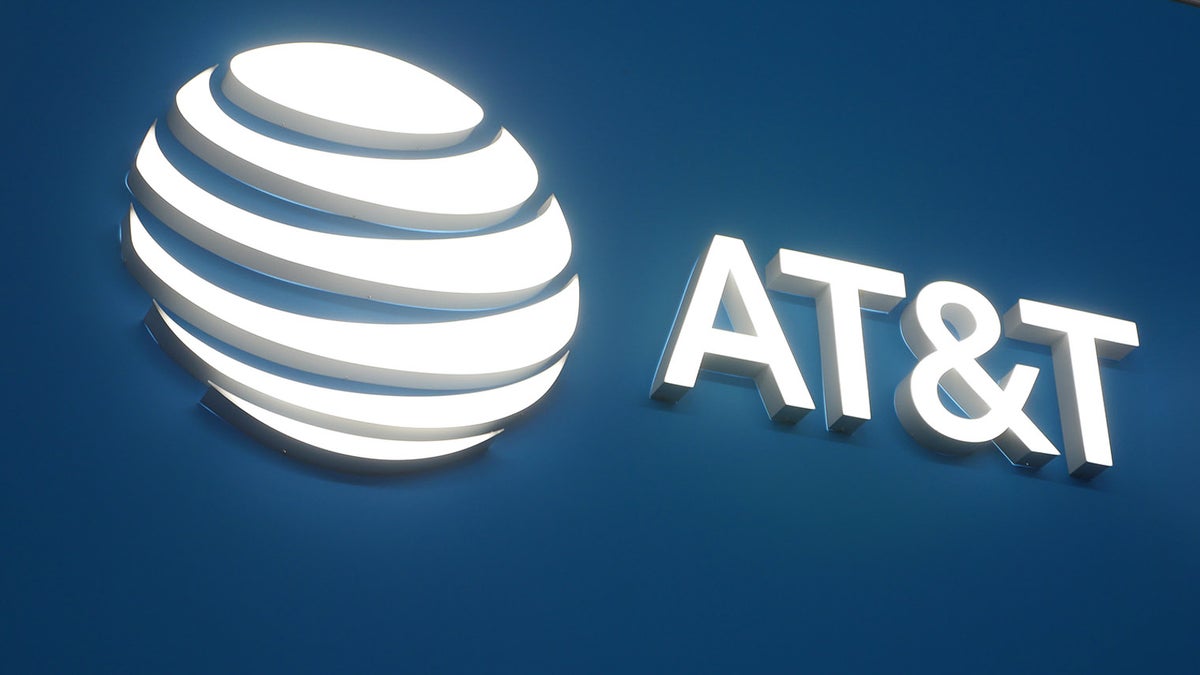But what will this 5G expansion be like?
AT&T is planning significant advancements to its mid-band 5G network and core operations to enhance connectivity and efficiency. By the end of this year, the company aims to extend its 5G radio access network (RAN) to cover 270 million people, with plans to reach over 300 million by the close of 2026.
Chief Technology Officer Jeremy Legg noted that AT&T is moving from a fragmented core network system – previously divided for services like IoT, enterprise, voice, and data – toward a single, distributed, cloud-native core. This design should allow for improved software development across both wireless and wireline networks. The company believes these updates will enable the transmission of significantly more data at reduced costs, Light Reading reports.Legg highlighted that software-defined networking in AT&T‘s core backbone could reduce the cost of delivering each terabyte of data by 70%. Similarly, integrating cloud computing resources is expected to cut the cost of delivering wireless data by 50%.
During an analyst event, AT&T outlined a vision for growth, including a goal of expanding its fiber network to over 50 million locations by 2029. CEO John Stankey emphasized the growing demand for data driven by trends like online gaming, the transition from HD to 4K video, and emerging technologies like virtual reality. He acknowledged a general slowdown in global data traffic growth but maintained confidence in the sustained rise of AT&T‘s network usage.
On the wireless front, AT&T provided updates on its $14 billion agreement with Ericsson, which involves upgrading its network infrastructure. These upgrades are expected to conclude by late 2026 or early 2027. Executive Jeff McElfresh stated that this work will peak in capital expenditures by 2025, followed by a decline starting in 2026.
Additionally, the company will deploy a new billing system to unify fiber and wireless accounts, starting with fixed wireless services.
